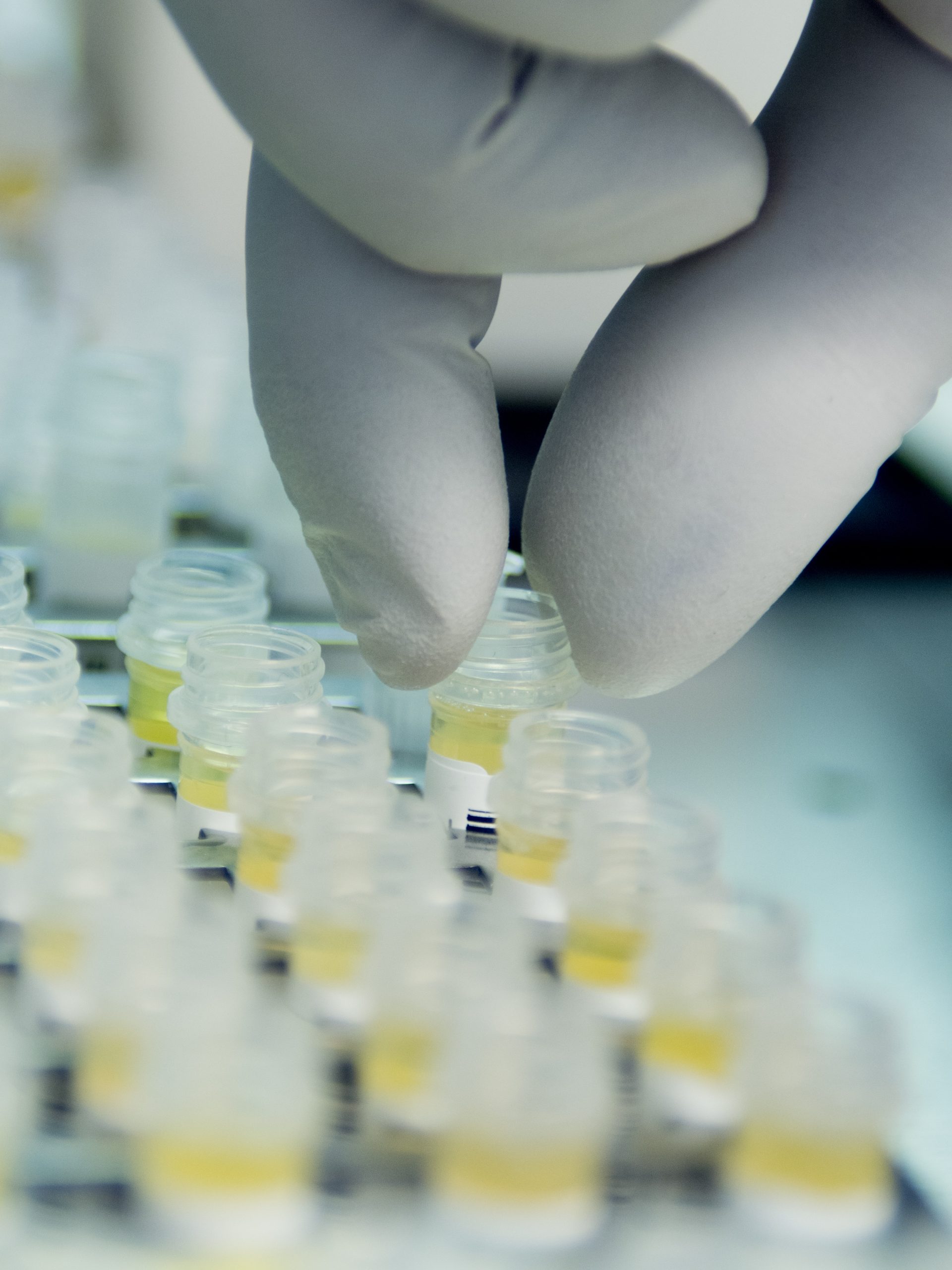- Home
- Our Services
CANCERS WE TREAT
TREATMENT OPTIONS
- About Us
About North Houston
Cancer ClinicsNorth Houston Cancer Clinics is a leading cancer center specializing in treating various types of cancers and blood disorders.Meet our specialized cancer care team
Choosing excellence, transforming cancer care together
Quality Oncology Practice Initiative (QOPI) Certification Program
Discover Our Healing Spaces: Virtual Office TourFirst day visit at North Houston Cancer Clinics
Real Stories, Inspiring Journeys, Patient Testimonies
- New patient
Becoming a patient at North Houston Clinics
Embark on your journey to health with us. Seamless, compassionate care awaits as you become a patient at North Houston Clinics.
Effortless Registration, Portal to Wellness JourneyYour Health, Your Time, Your AppointmentFrequently Asked Questions For New Patients - Blogs
- Contact Us
- Home
- Our Services
CANCERS WE TREAT
TREATMENT OPTIONS
- About Us
About North Houston
Cancer ClinicsNorth Houston Cancer Clinics is a leading cancer center specializing in treating various types of cancers and blood disorders.Meet our specialized cancer care team
Choosing excellence, transforming cancer care together
Quality Oncology Practice Initiative (QOPI) Certification Program
Discover Our Healing Spaces: Virtual Office TourFirst day visit at North Houston Cancer Clinics
Real Stories, Inspiring Journeys, Patient Testimonies
- New patient
Becoming a patient at North Houston Clinics
Embark on your journey to health with us. Seamless, compassionate care awaits as you become a patient at North Houston Clinics.
Effortless Registration, Portal to Wellness JourneyYour Health, Your Time, Your AppointmentFrequently Asked Questions For New Patients - Blogs
- Contact Us
Genetic And Genomic Testing
At North Houston Cancer Clinics, we stay ahead of the latest medical developments, including genetics and genomics. These leading techniques enable us to delve deeper into cancer molecular mechanisms thereby helping in making choices on personalized treatment and improving patient outcomes.
Types of Genetic Testing
- Hereditary Genetic Testing
– Lynch Syndrome Testing: Identification of malfunctions through the MLH1, MSH2, MSH6, or PMS2 genes that could be related to colorectal among other cancer types.
- Somatic Genomic Testing
– Liquid Biopsy: Monitoring response to therapy via detection of circulating bits of DNA from tumors after treatment, identifying minimal residual disease (MRD), or identifying emerging resistance mechanisms.
- Pharmacogenomic Testing
– Tumor Mutational Burden (TMB) Analysis: Measuring total amounts of somatic cell versions that exist within human tumors allowing understanding whether immune checkpoint inhibitors will work for some patients or not.

- Preimplantation Genetic Testing (PGT)
– Preimplantation Genetic Screening (PGS): This checks whether embryos have chromosomal defects to increase IVF success rates and minimize genetic transmission problems.
- Germline and Somatic Variant Classification

Importance of Genetic and Genomic Testing
– Early Detection: Genetic or genomic tests may identify inherited or acquired gene faults that increase an individual’s risk for developing cancer or having it advance thus leading to early intervention opportunities.
– Personalized Treatment: By examining a patient’s tumor molecular signature using genetics and genomics tests, oncologists can customize treatment regimens targeting specific genes thereby optimizing therapeutic response.
– Risk Assessment: Individuals with family histories of cancers can undergo testing for hereditary cancer predisposition syndromes to evaluate their likelihood for it through increased surveillance, lifestyle modification, or intervention minimizing such chances.
– Clinical Trials Participation: When conducting genomic testing, actionable targets may be discovered making patients eligible for enrollment into precision medicine-based clinical trials where they receive novel targeted therapies hence contributing towards advances in cancer research.
Genetic & Genomic Testing North Houston Cancer Clinics
Procedure for Genetic & Genomic Testing
- Patient Consultation & Assessment
- Sample Collection
- Laboratory Analysis
- Data Interpretation and Counseling
- Treatment Planning & Follow-Up


The Significance of Lab Tests
- Early Detection: Laboratory tests and blood works identify subtle abnormalities such as changes in blood chemistry, tumor markers, or genetic tests that point towards early stages of malignancy even before any symptoms appear.
- Guidance In Treatment: These show the kind of cancer, how far it has developed, and its pace and they help an oncologist make decisions on therapy so that therapeutic efficacy is achieved.
- Disease Monitoring: Laboratory tests together with blood work keep track of progression rate, response to treatment, and chances for recurrence through constant biomarker readings among other indicators.
- Personalized Medical Care: Customized testing protocols based on the patient’s medical history, family background, and suspected type of cancer offer an individual approach to diagnosis as well as preparation for treatment.
- Patient’s Improved Outcome: A better prognosis due to timely correct diagnosis from laboratory/blood works leads to higher life expectancy along with enhanced quality living standards.
- When examining laboratory-based data about blood, it is mandatory to correlate them with various forms of imaging studies such as MRI scans, CT scans, and PET scans. This verification confirms its authenticity in terms of diagnosis, staging, and planning for the next steps
